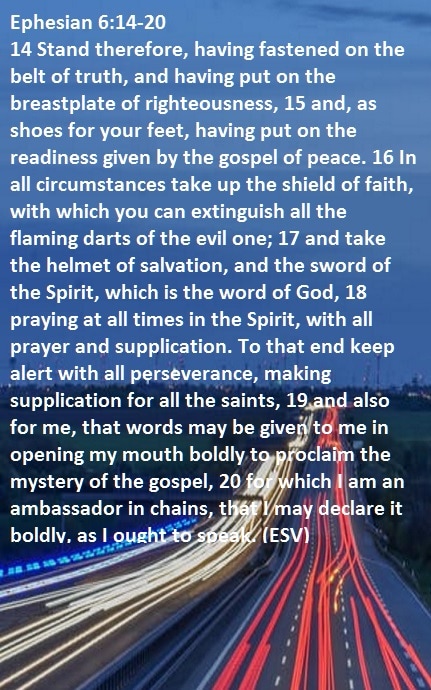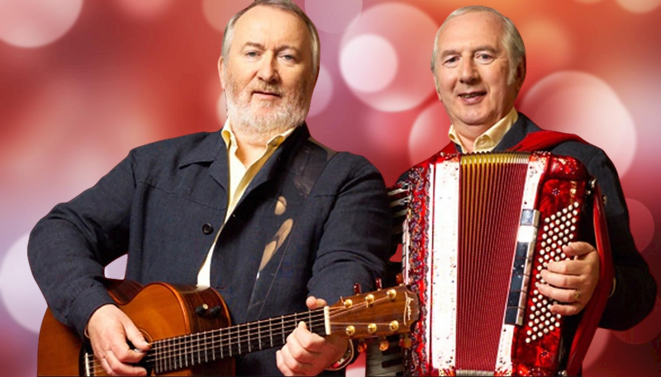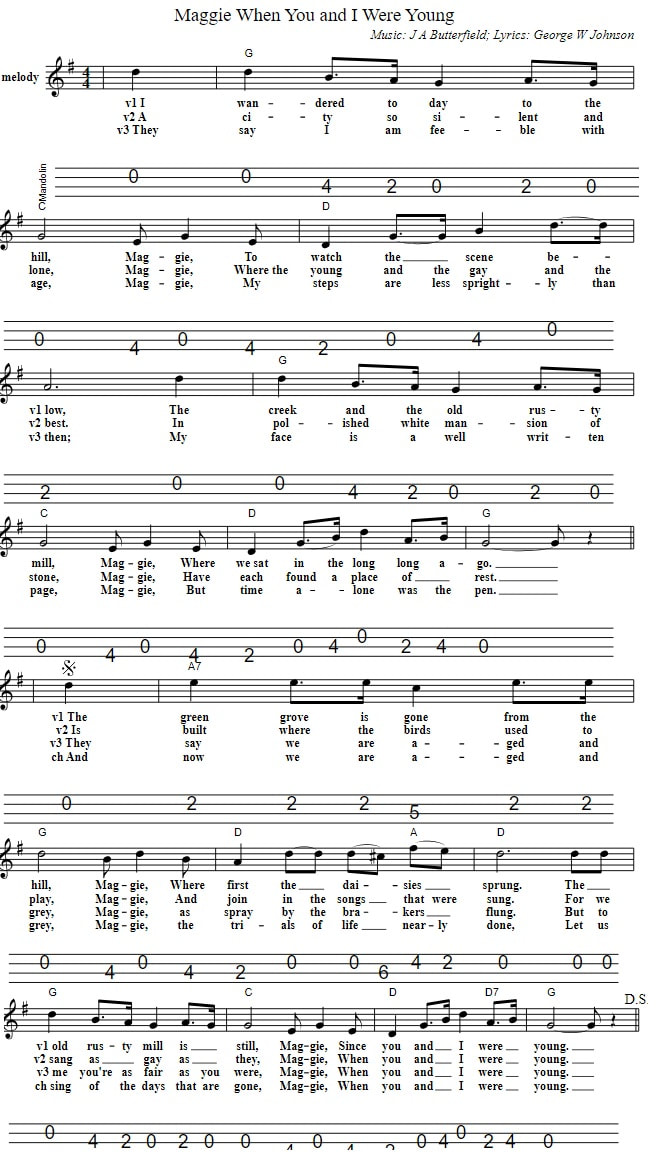Maggie Lyrics And Chords
This song which was written by George W. Johnson and James Austin Butterfield in 1864 is sometimes called ''When You And I Were Young Maggie''. The song is dedicated to Maggie Clark from Glanford Ontario, Canada who ended up getting married to George Johnson, they were married only 1 year before Maggie died. The song was originally written as a poem but after the death of his wife, George got Austin Butterfield to set his poem to music.This was a big hit for Foster and Allen [ songs ]and also for The Furey Brothers And Davie Arthur, the second set of chords are in the same key that Foster And Allen play the song in. [ Key Of A ] Also recorded by the Irish tenor singer John McCormack and by Maura O'Connell. Maggie tenor guitar / mandola tab in CGDA included.
Foster And Allen Version
I[E] wandered today to the[A] hills maggie,to[E] watch the scene be[B]low,
The[E] creek and the creeking old[A] mill maggie,as[E] we used to[B] long,long[E] ago,
The[A] green grove is gone from the[E] hills Maggie,where[B] once the[F7] dasies [B]grow
The[E] creeking old[D7] mill is[A] still Maggie,since[E] you and[B] I were[E] young.
[2]
[E]Oh they say that I am feeble with [A]age Maggie,
My [E]steps are much slower that [B]then,
My [E]face is a well written [A]page Maggie,
And [E]time all a[B]lone was the [E]pen.
[3]
They [A]say we have outlived our [E]time Maggie
As [B]dated as [F#]songs that [B]we've sung,
But to [E]me your as fair as you [A]were Maggie,
When [E]you and [B]I were [E]young.
I[D] wandered today to the[G] hills maggie,to[D] watch the scene be[A]low,
The[D] creek and the creeking old[G] mill maggie,as[D] we used to[A7] long,long[D] ago,
The[G] green grove is gone from the[D] hills Maggie,where[A] once the[E7] dasies sprong,.[A7]
The[D] creeking old[D7] mill is[G] still Maggie,since[D] you and[A7] I were[D] young.
[2]
Oh they say that I am feeble with age Maggie,
My steps are much slower that then,
My face is a well written page Maggie,
And time all alone was the pen.
[3]
They say we have outlived our time Maggie
As dated as songs that we've sung,
But to me your as fair as you were Maggie,
When you and I were young.
The[D] creek and the creeking old[G] mill maggie,as[D] we used to[A7] long,long[D] ago,
The[G] green grove is gone from the[D] hills Maggie,where[A] once the[E7] dasies sprong,.[A7]
The[D] creeking old[D7] mill is[G] still Maggie,since[D] you and[A7] I were[D] young.
[2]
Oh they say that I am feeble with age Maggie,
My steps are much slower that then,
My face is a well written page Maggie,
And time all alone was the pen.
[3]
They say we have outlived our time Maggie
As dated as songs that we've sung,
But to me your as fair as you were Maggie,
When you and I were young.
Alternative guitar chords for the key of G Major.
I[G] wandered today to the[C] hills maggie,to[G] watch the scene be[D]low,
The[G] creek and the creeking old[C] mill maggie,as[G] we used to[D7] long,long[G] ago,
The[C] green grove is gone from the[G] hills Maggie,where[D] once the[A7] dasies sprong,.[D7]
The[G] creeking old[G7] mill is[C] still Maggie,since[G] you and[D7] I were[G] young.
I[G] wandered today to the[C] hills maggie,to[G] watch the scene be[D]low,
The[G] creek and the creeking old[C] mill maggie,as[G] we used to[D7] long,long[G] ago,
The[C] green grove is gone from the[G] hills Maggie,where[D] once the[A7] dasies sprong,.[D7]
The[G] creeking old[G7] mill is[C] still Maggie,since[G] you and[D7] I were[G] young.
When You And I Were Young Maggie tenor guitar / mandola tab in CGDA
My Maggie song lyrics
My Irish Maggie, with hair so red
Her eyes like emeralds, they shine so bright
She's got a smile that could light up the night
And a heart as pure as the Irish sky
Chorus:
Oh my Irish Maggie, won't you stay
With your laughter and your Irish ways
You've stolen my heart, I hope you'll never stray
My Irish Maggie, you're my lucky charm today
Verse 2:
With her freckles sprinkled like a field of clovers
And a spirit wild and free
She's got a love for life, like no other
My Irish Maggie, she's all I'll ever need
Chorus:
Oh my Irish Maggie, won't you stay
With your laughter and your Irish ways
You've stolen my heart, I hope you'll never stray
My Irish Maggie, you're my lucky charm today
Bridge:
From the land of green, she came to me
And I thank the stars above
For sending me my Irish Maggie
The one I'll forever love
Chorus:
Oh my Irish Maggie, won't you stay
With your laughter and your Irish ways
You've stolen my heart, I hope you'll never stray
My Irish Maggie, you're my lucky charm today
Outro:
So here's my love song, to my Irish lass
With her heart of gold and her Irish sass
My Irish Maggie, you make my heart sing
Forever and always, my love you'll bring.
My Irish Maggie, with hair so red
Her eyes like emeralds, they shine so bright
She's got a smile that could light up the night
And a heart as pure as the Irish sky
Chorus:
Oh my Irish Maggie, won't you stay
With your laughter and your Irish ways
You've stolen my heart, I hope you'll never stray
My Irish Maggie, you're my lucky charm today
Verse 2:
With her freckles sprinkled like a field of clovers
And a spirit wild and free
She's got a love for life, like no other
My Irish Maggie, she's all I'll ever need
Chorus:
Oh my Irish Maggie, won't you stay
With your laughter and your Irish ways
You've stolen my heart, I hope you'll never stray
My Irish Maggie, you're my lucky charm today
Bridge:
From the land of green, she came to me
And I thank the stars above
For sending me my Irish Maggie
The one I'll forever love
Chorus:
Oh my Irish Maggie, won't you stay
With your laughter and your Irish ways
You've stolen my heart, I hope you'll never stray
My Irish Maggie, you're my lucky charm today
Outro:
So here's my love song, to my Irish lass
With her heart of gold and her Irish sass
My Irish Maggie, you make my heart sing
Forever and always, my love you'll bring.




